We're all getting tired of paying for so many software subscriptions every month. Tools like Webflow, Airtable, and Mailchimp can cost as much as your rent when you add them all up. That's when I started looking for open-source alternatives, and what I found was amazing!
Open-source tools are completely free and often work better than the paid ones. You get more control, customization options, and no monthly bills. Whether you're running a small business or just want to save money, these 16 open-source alternatives can replace almost every subscription you're currently paying for.
1. Webstudio
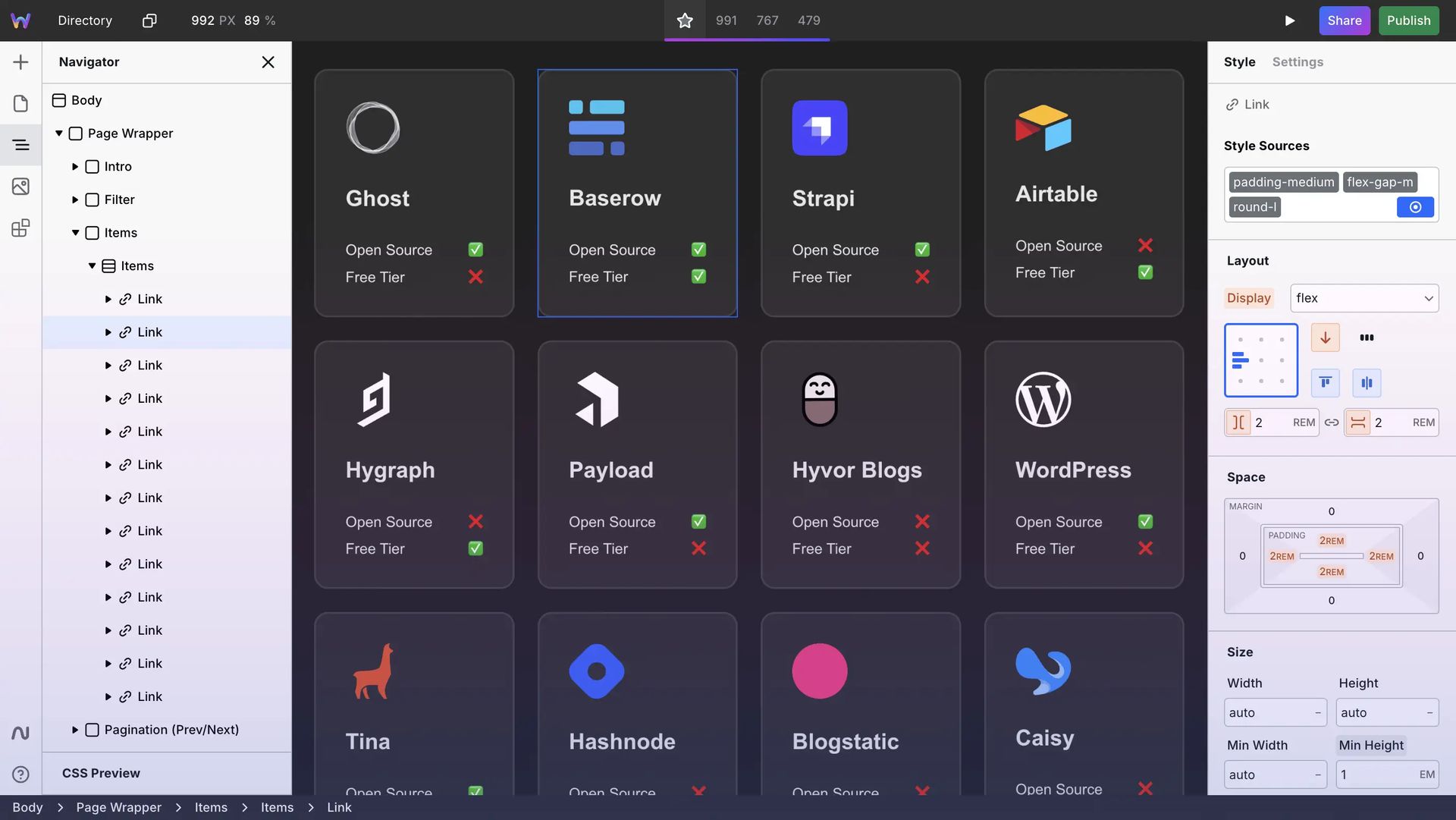
When I first tried Webstudio, I couldn't believe it was free. This visual website builder lets you create stunning responsive sites without touching code, just like Webflow, but without the monthly fees.
What makes it stand out is the drag-and-drop editor that feels incredibly intuitive, complete design control that rivals professional tools, surprisingly clean generated code (a rarity in this space), and built-in collaboration features that make team projects painless. I recently used it to rebuild a client's portfolio site and they couldn't tell the difference from the previous Webflow version!
GitHub: webstudio-is/webstudio
Website: webstudio.is
2. Rowy
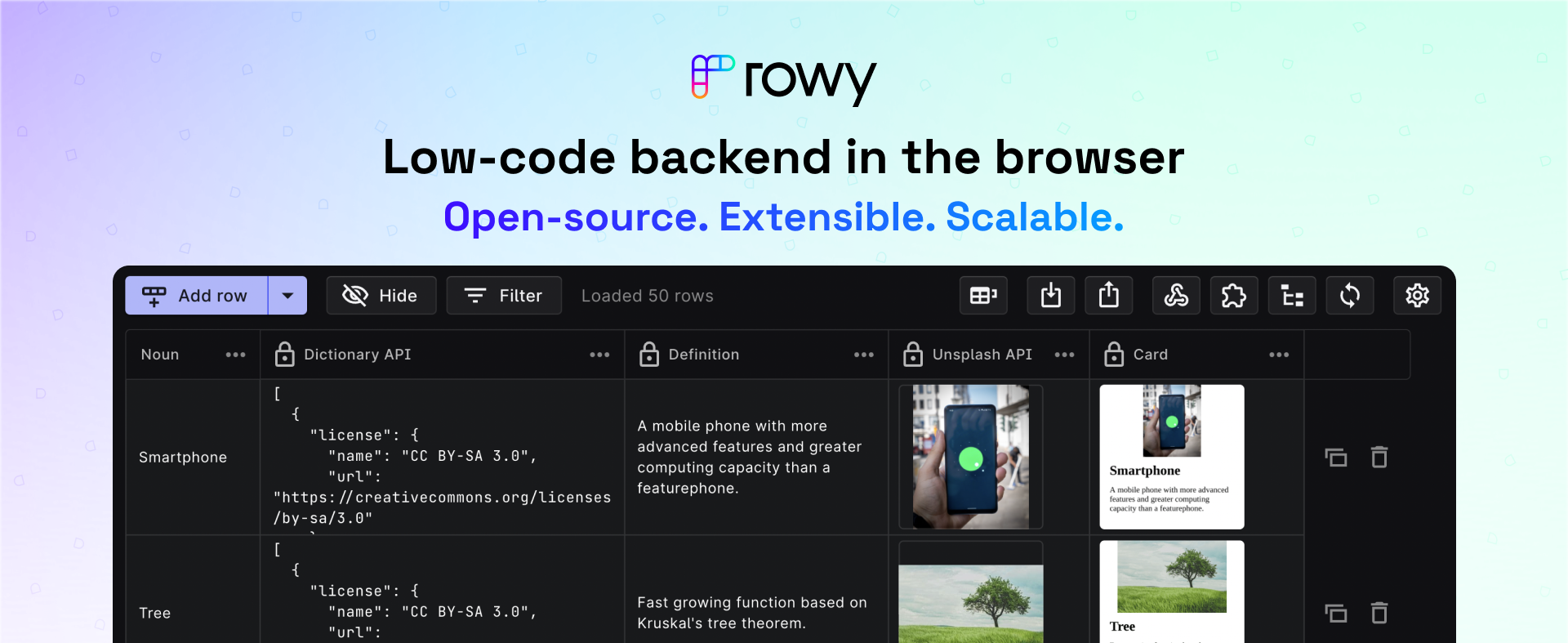
Remember when Airtable first came out and everyone lost their minds over how it bridged the gap between spreadsheets and databases? Rowy takes that concept and supercharges it by connecting directly to Firebase.
What sold me was the familiar spreadsheet interface that made adoption easy, Firebase integration for serious scalability, game-changing built-in automation workflows, and the ability to write serverless functions right in the interface. My marketing team switched to Rowy last quarter and they haven't looked back.
GitHub: rowyio/rowy
Website: rowy.io
3. Pocketbase
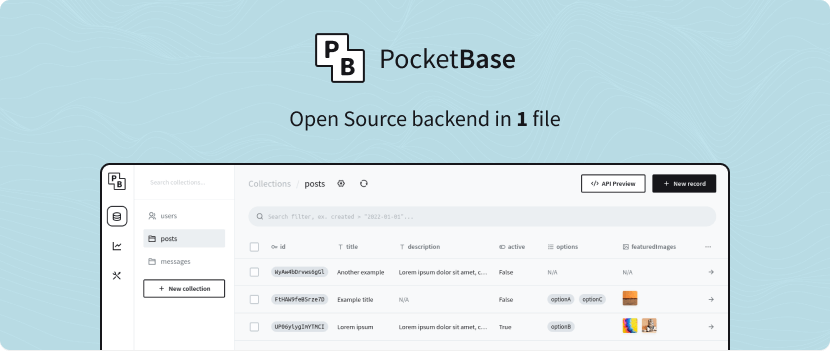
Firebase is amazing until you get the bill. Pocketbase packs all the essentials—authentication, file storage, and real-time database—into a tiny, self-hostable package.
The standout features include setup that takes literally minutes, not days; an admin UI so simple my non-technical teammates can use it; blazing fast performance (the whole backend is a single executable!); and real-time subscriptions that just work out of the box. I host it on a $5/month VPS and it handles all our app backend needs that used to cost us $200+ on Firebase.
GitHub: pocketbase/pocketbase
Website: pocketbase.io
4. Spree
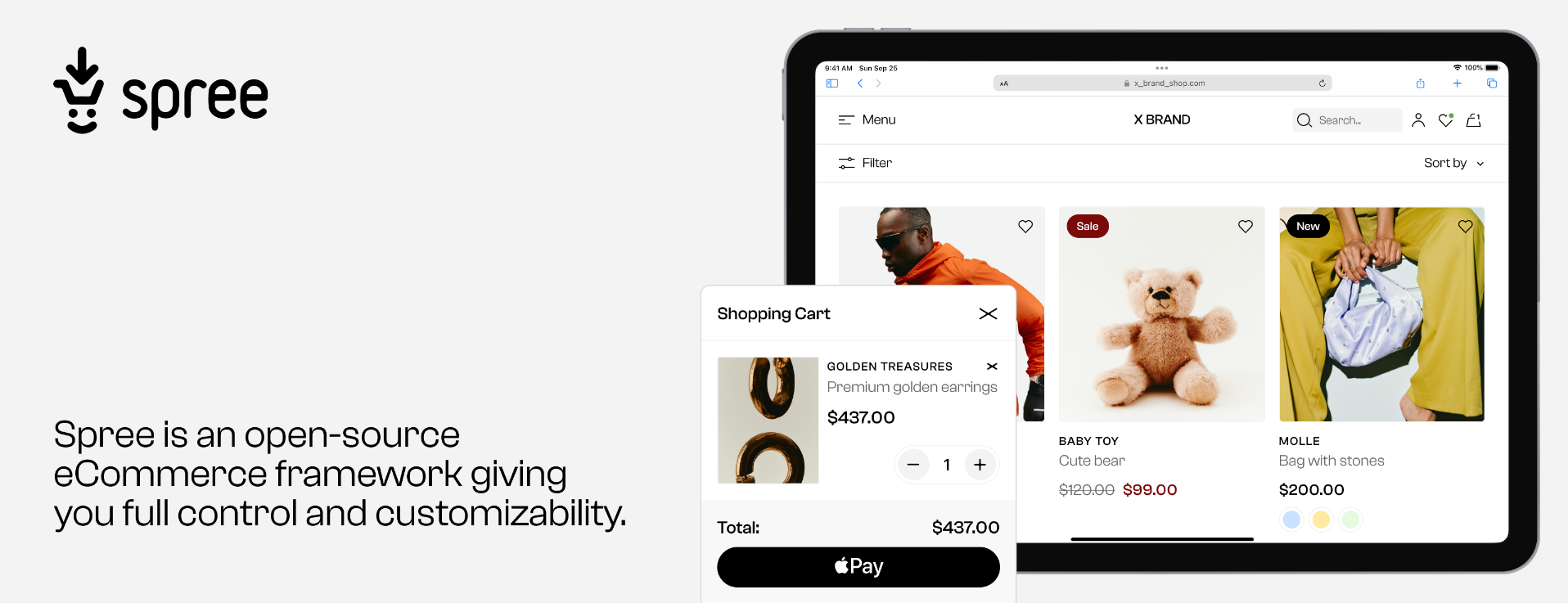
If you're running an e-commerce business, Shopify fees eat into your margins with every sale. Spree gives you a full-featured store without the revenue sharing.
Why it works for me is the customization options that go way beyond Shopify's templates, beautiful scaling (several major retailers use it), an extension ecosystem that covers virtually every need, and multi-language support that was crucial for our international customers. Setting it up takes more technical know-how, but the freedom from monthly fees makes it worthwhile.
GitHub: spree/spree
Website: spreecommerce.org
5. Zulip
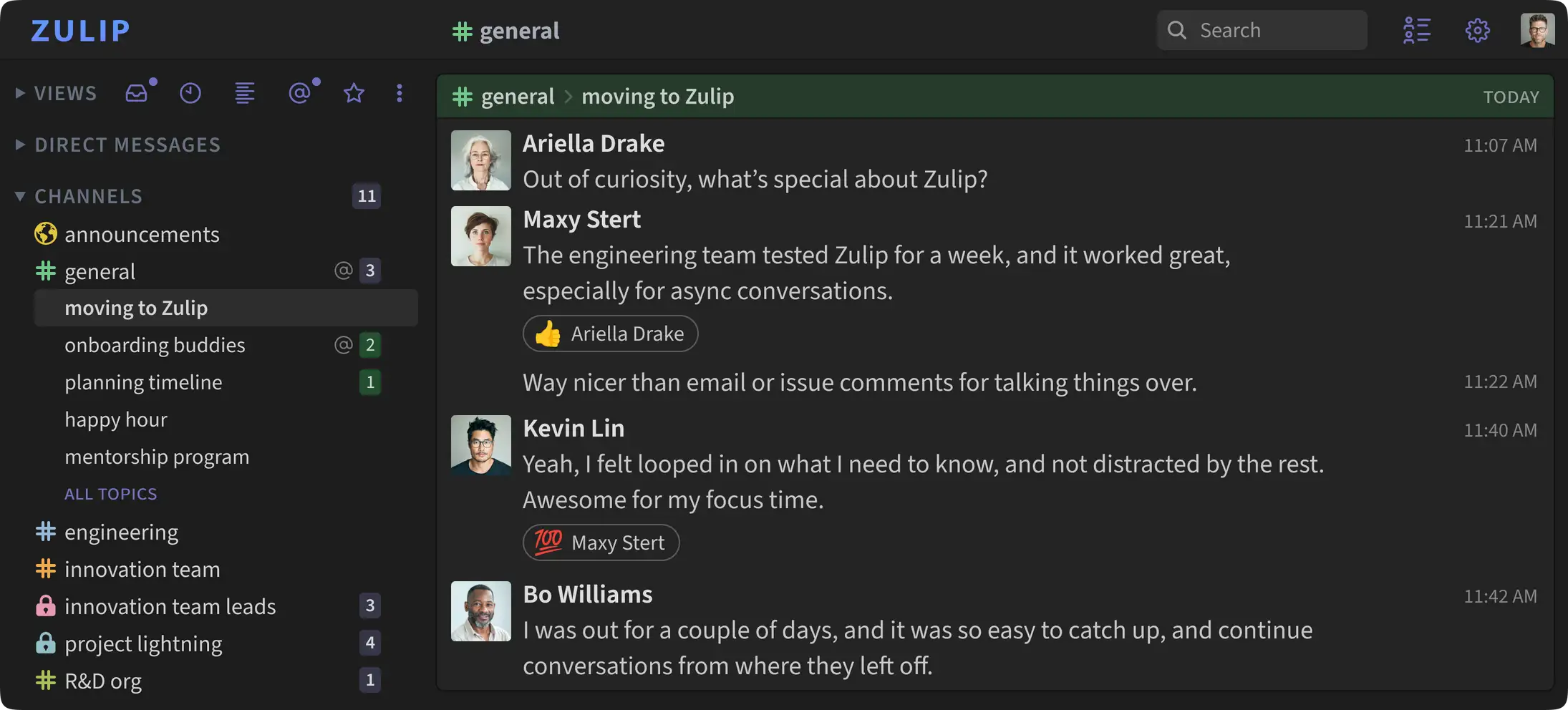
Our team communication costs were out of control until we found Zulip. It's like Slack reimagined with a focus on organized conversations.
Game-changing features include topic-based threading that keeps conversations organized (unlike Slack's chaos), integration with everything from GitHub to Jira, a search function that is honestly better than Slack's, and self-hosting that gave us the privacy compliance we needed for client work. It took about a week for everyone to adapt to the topic-based approach, but now we couldn't imagine going back.
GitHub: zulip/zulip
Website: zulip.com
6. Notesnook
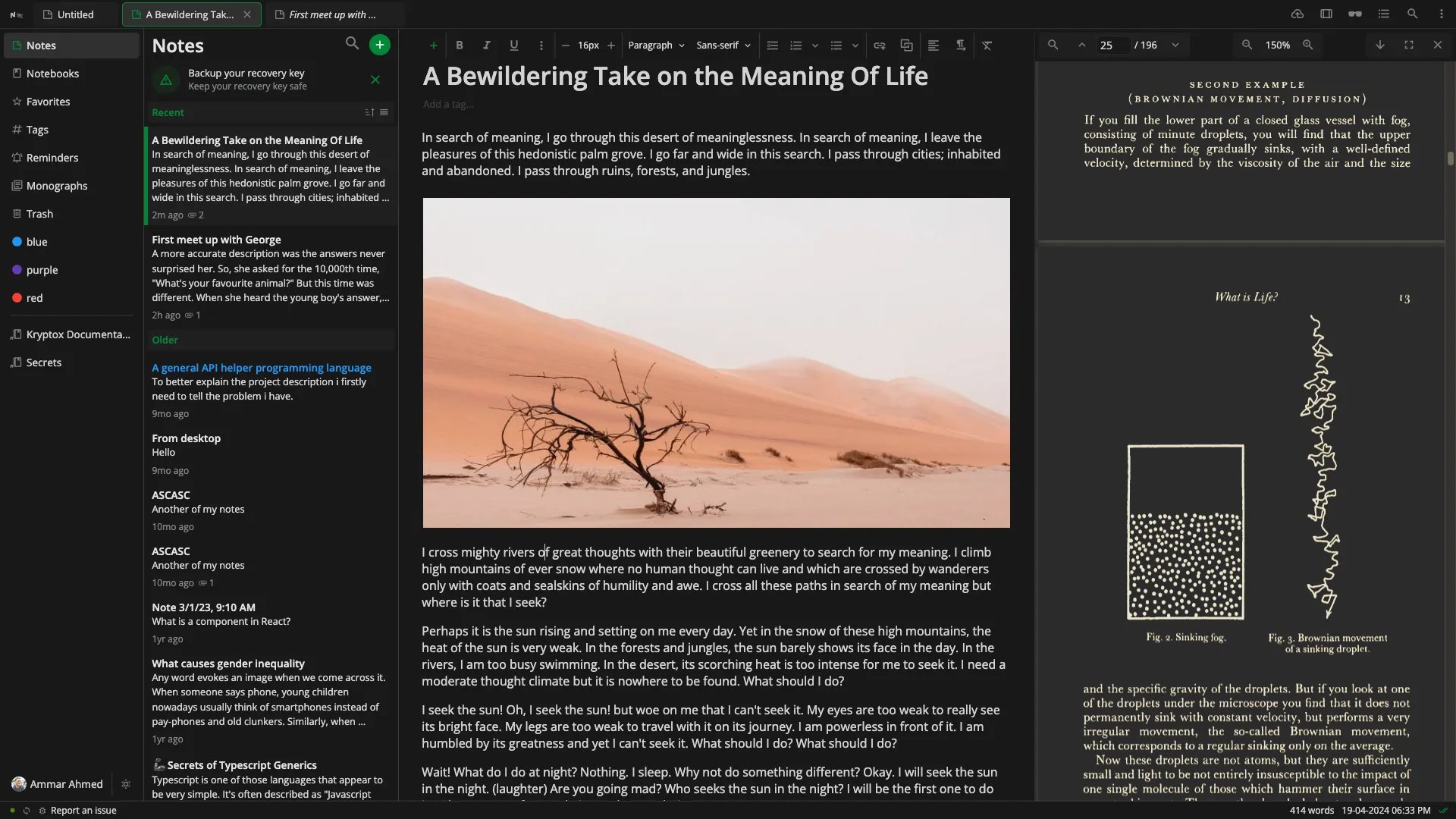
I was an Evernote power user for years until their prices kept climbing. Notesnook gives me everything I loved about Evernote with bulletproof privacy.
What makes it my daily driver is the end-to-end encryption that means my notes are actually private, apps that work seamlessly across my devices, offline access that saved me during that conference with terrible WiFi, and markdown support that fits perfectly with my writing workflow. The transition was painless since I could import all my Evernote content directly.
GitHub: streetwriters/notesnook
Website: notesnook.com
7. Outline
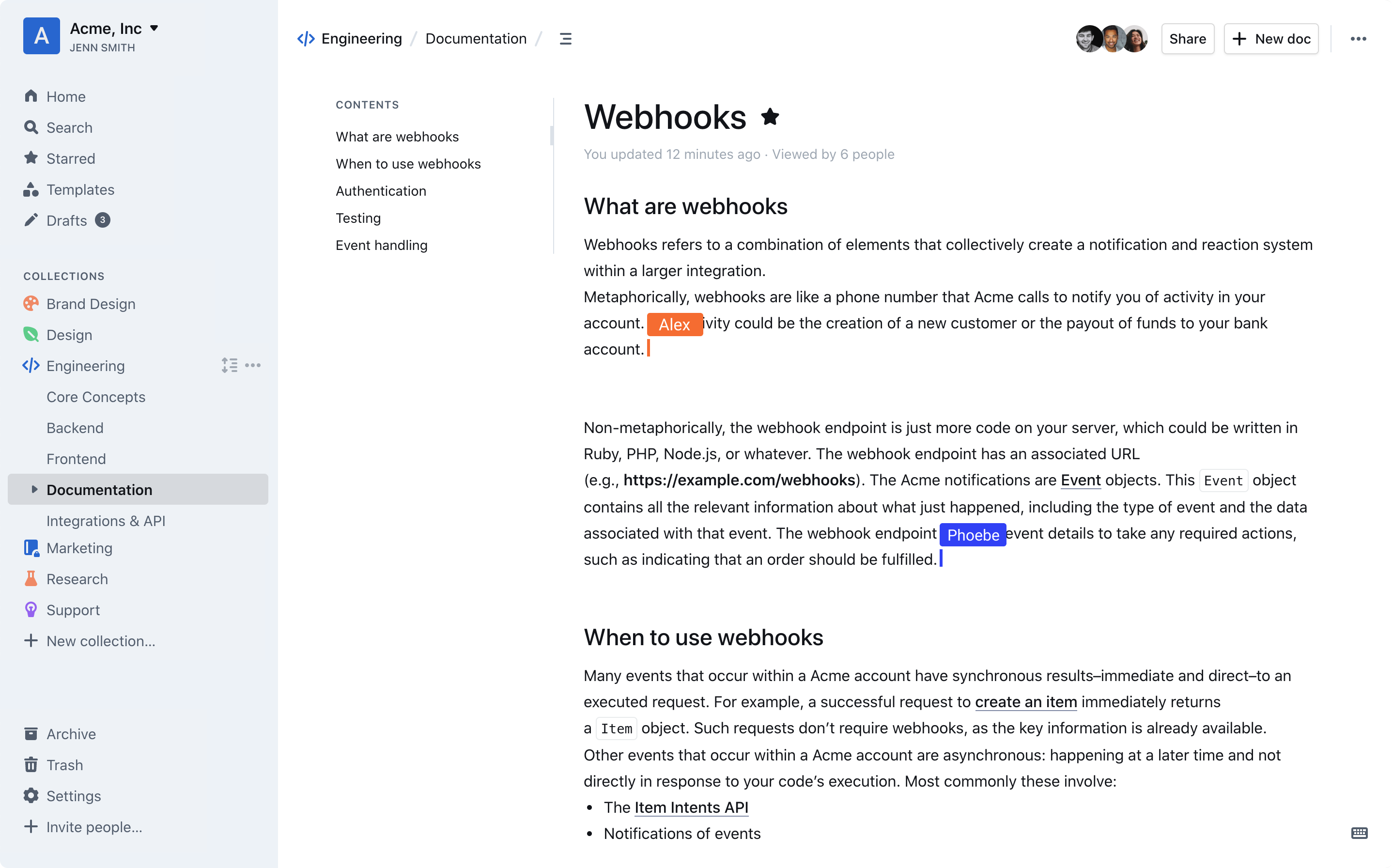
When our Notion subscription hit four figures monthly, we knew we needed a change. Outline gave us the same knowledge base functionality without the sticker shock.
Why our team loves it is the interface that's actually simpler and more focused than Notion, lightning-fast search functionality, real-time collaboration that just works, and perfect markdown support for our technical documentation. We self-host it alongside our other internal tools, which simplified our security compliance process.
GitHub: outline/outline
Website: getoutline.com
8. Focalboard
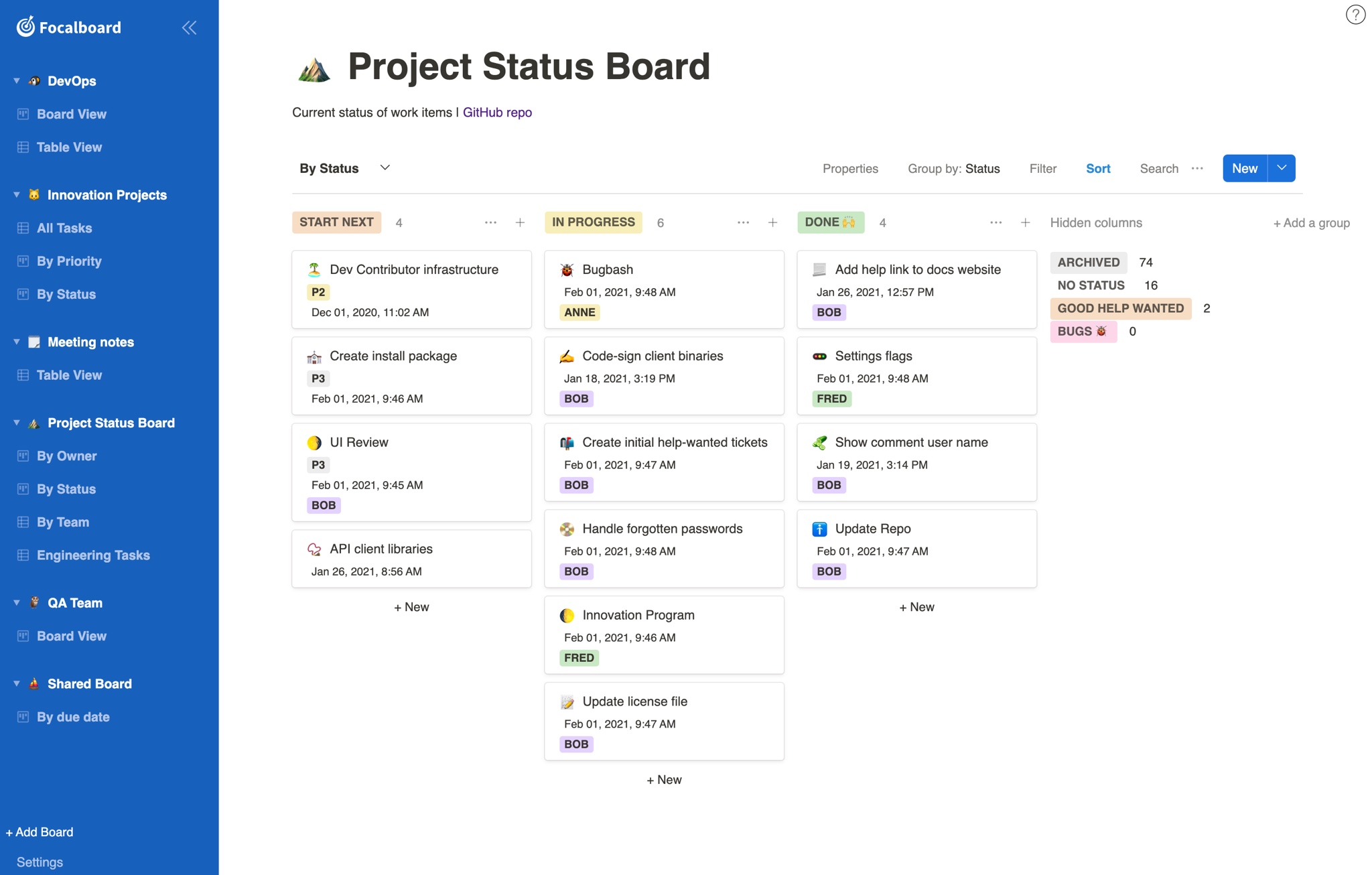
Project management tools are essential but expensive. Focalboard gives you familiar kanban boards and task tracking without the monthly burden.
Standout capabilities include board views that feel just like Trello but more customizable, surprisingly smooth transition from Asana, desktop apps that make it feel like a premium product, and integration with Mattermost that was perfect for our dev team. Our project managers were skeptical at first but now champion it internally.
GitHub: mattermost-community/focalboard
Website: focalboard.com
9. Fathom
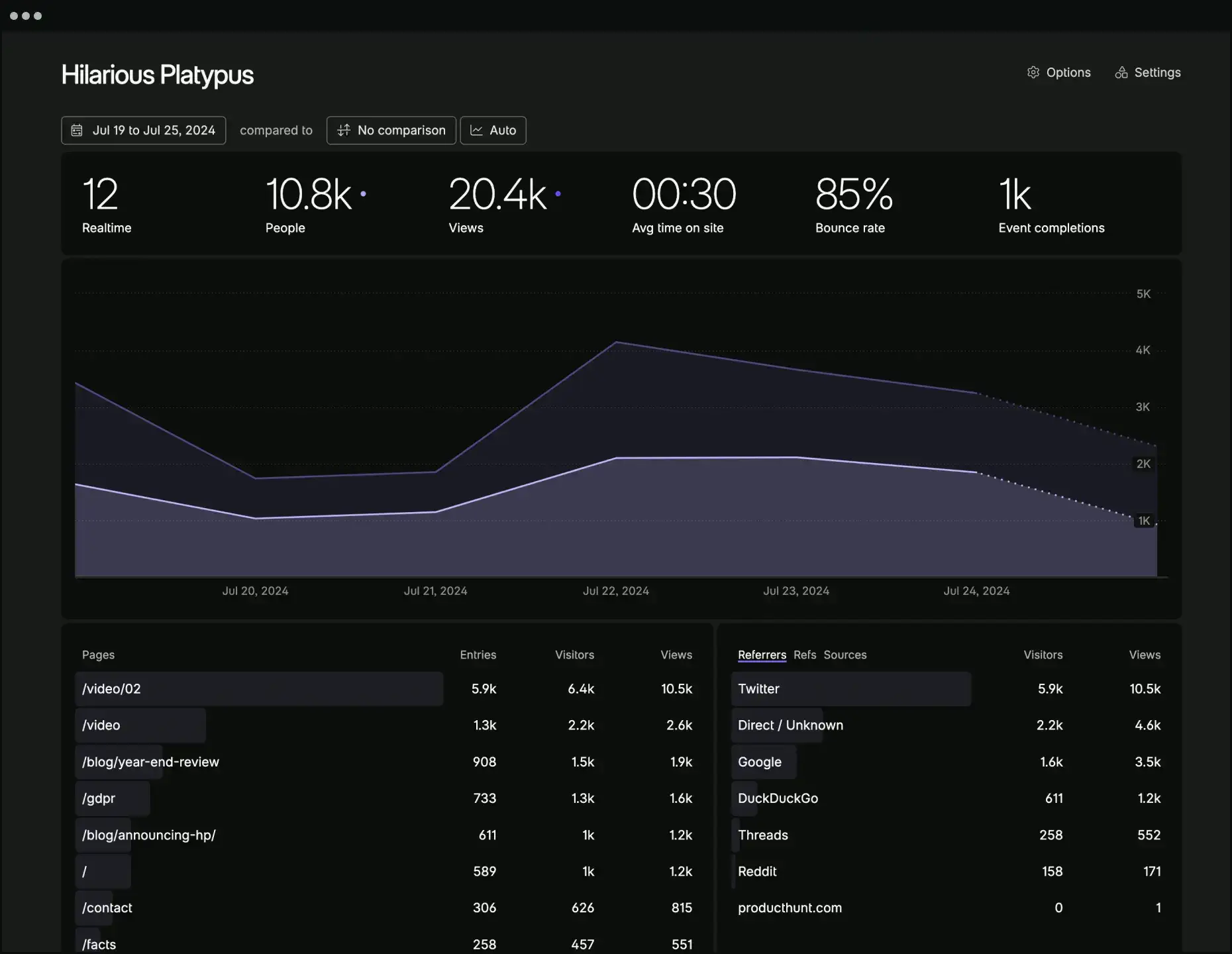
Google Analytics became such a privacy nightmare that we had to find an alternative. Fathom gives us the crucial metrics without compromising visitor privacy.
Why it's better is the interface that shows you what matters without overwhelming complexity, no more cookie consent banners cluttering our sites, blazing fast performance that doesn't slow down page loads, and GDPR compliance that became a non-issue overnight. Our marketing team actually prefers the simplified reports that focus on actionable metrics.
GitHub: usefathom/fathom
Website: usefathom.com
10. Sonic

When our Elasticsearch costs spiraled as our data grew, Sonic came to the rescue. This lightweight search engine delivers surprisingly powerful results.
The benefits were clear: setup took hours instead of days, resource usage is a fraction of Elasticsearch, it handled our unstructured data without complicated schemas, and search results are blazing fast even on our budget hardware. We use it for our documentation site and internal knowledge base with great results.
GitHub: valeriansaliou/sonic
Website: crates.io/crates/sonic-server
11. Fider
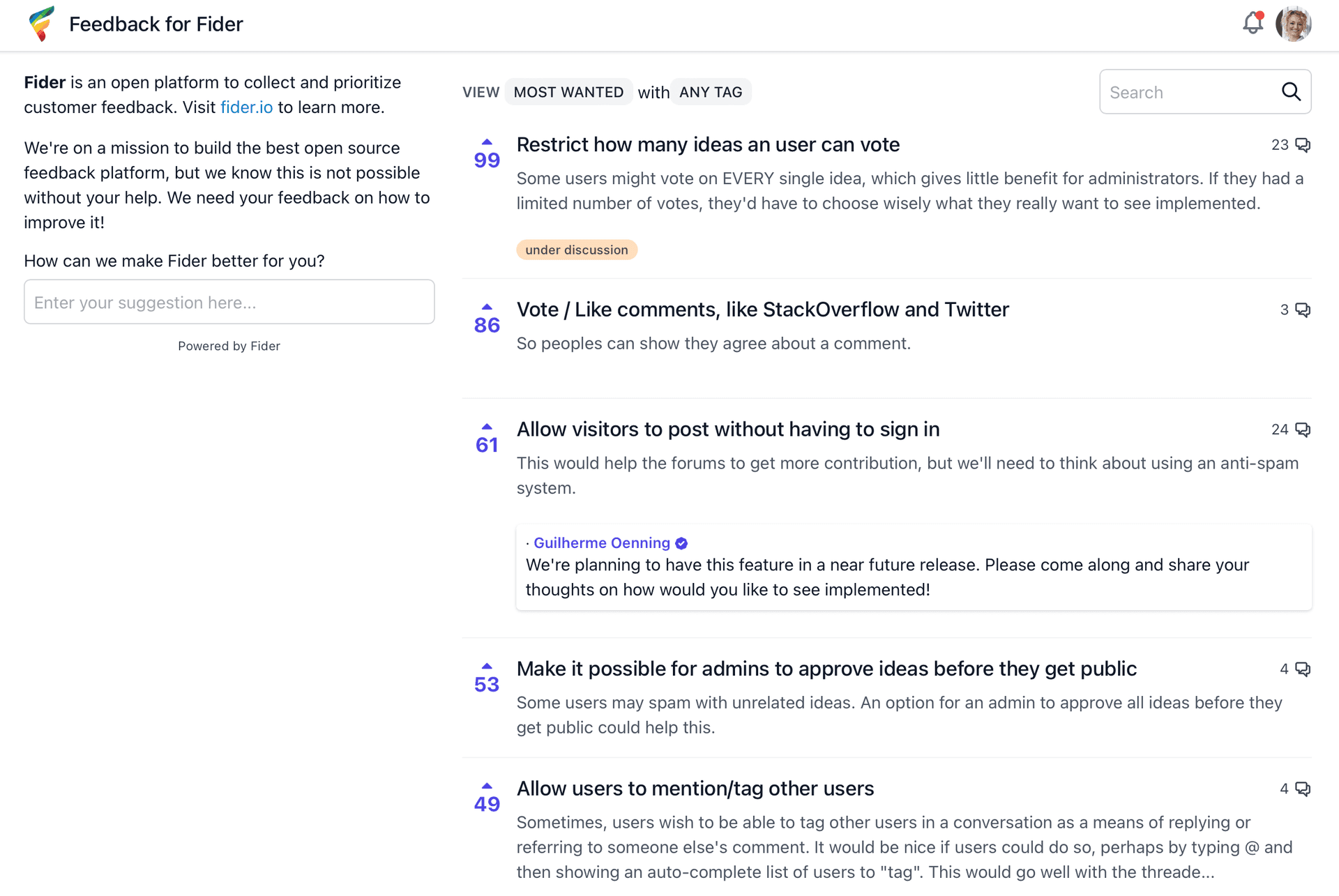
Gathering user feedback shouldn't require an expensive tool. Fider lets our users submit and vote on features just like Canny, but we own the data.
What makes it valuable is the clean interface that makes it easy for users to participate, vote-based prioritization that helps our product team immensely, self-hosting that means we keep sensitive feedback private, and easy integration with our existing authentication system. Our product roadmap is now much more aligned with actual user needs.
GitHub: getfider/fider
Website: fider.io
12. Kuma
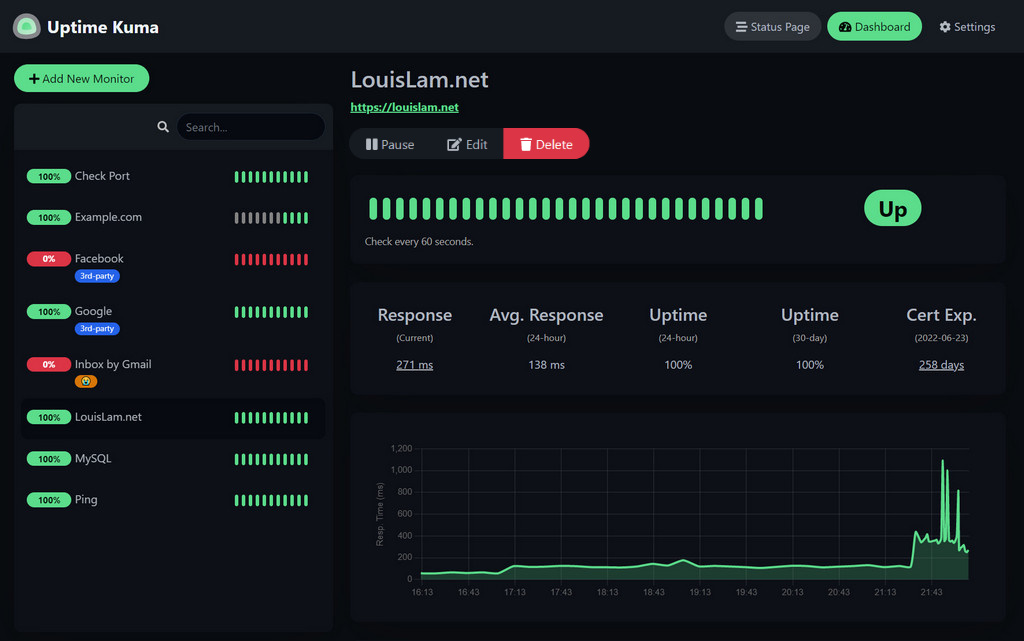
Knowing when your services go down is critical. Uptime Kuma provides monitoring that rivals commercial services at zero cost.
Game-changing features include a dashboard that's actually more intuitive than paid alternatives, customizable notifications that saved us during several outages, a status page feature that eliminated another monthly subscription, and monitor setup that takes seconds, not minutes. We monitor over 50 endpoints now without spending a dime on monitoring services.
GitHub: louislam/uptime-kuma
Website: uptime.kuma.pet
13. Flarum
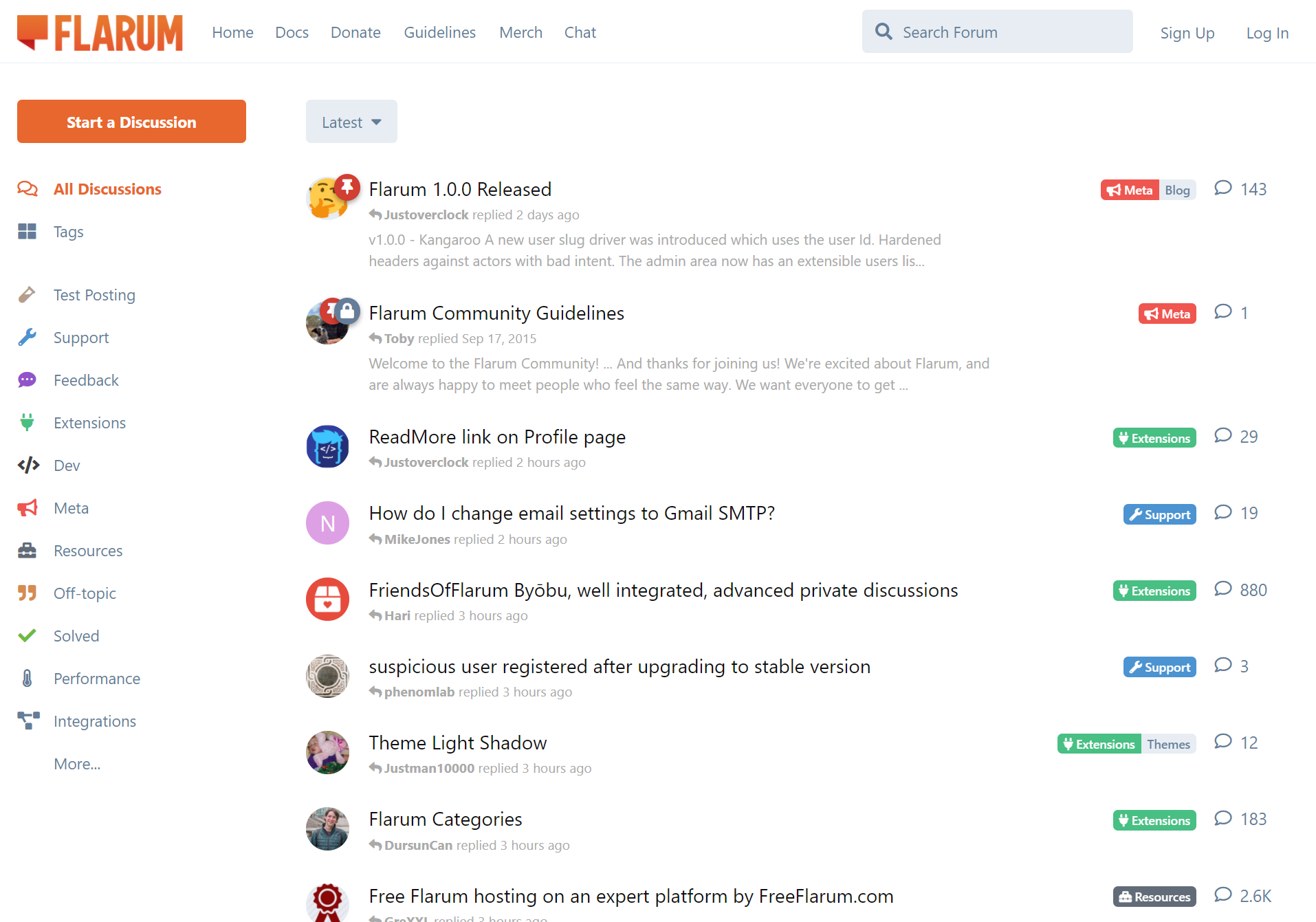
When we wanted to build a community around our product, the pricing of tools like Circle made us hesitate. Flarum gave us everything we needed without ongoing costs.
Why it worked for us is the modern interface that puts outdated forum software to shame, mobile experience that's honestly better than many paid alternatives, an extension ecosystem that lets us add features as needed, and snappy performance even as our community grew. Our community members frequently comment on how much they enjoy the discussion experience.
GitHub: flarum/framework
Website: flarum.org
14. Listmonk
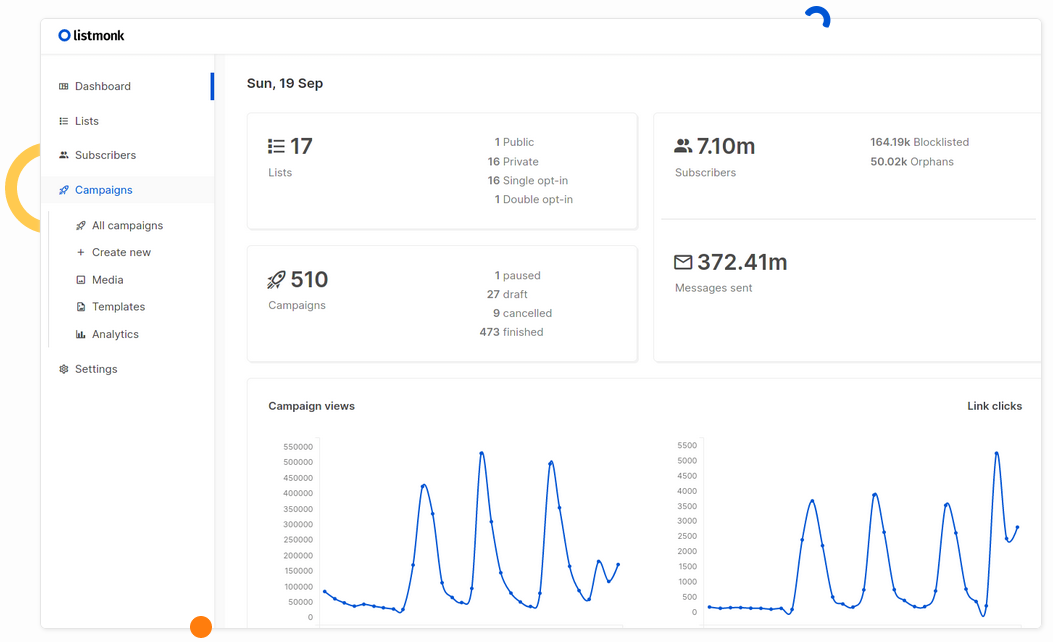
Email marketing costs scale painfully with list size. Listmonk handles our 50,000+ subscriber list without the monthly Mailchimp bill that was killing us.
The key advantages are astonishingly fast sending of thousands of emails, segmentation capabilities that rival expensive platforms, a template system that's actually more flexible than Mailchimp, and analytics that give us all the critical metrics we need. Our open rates improved after switching, partly due to better deliverability settings we could customize.
GitHub: knadh/listmonk
Website: listmonk.app
15. Rallly
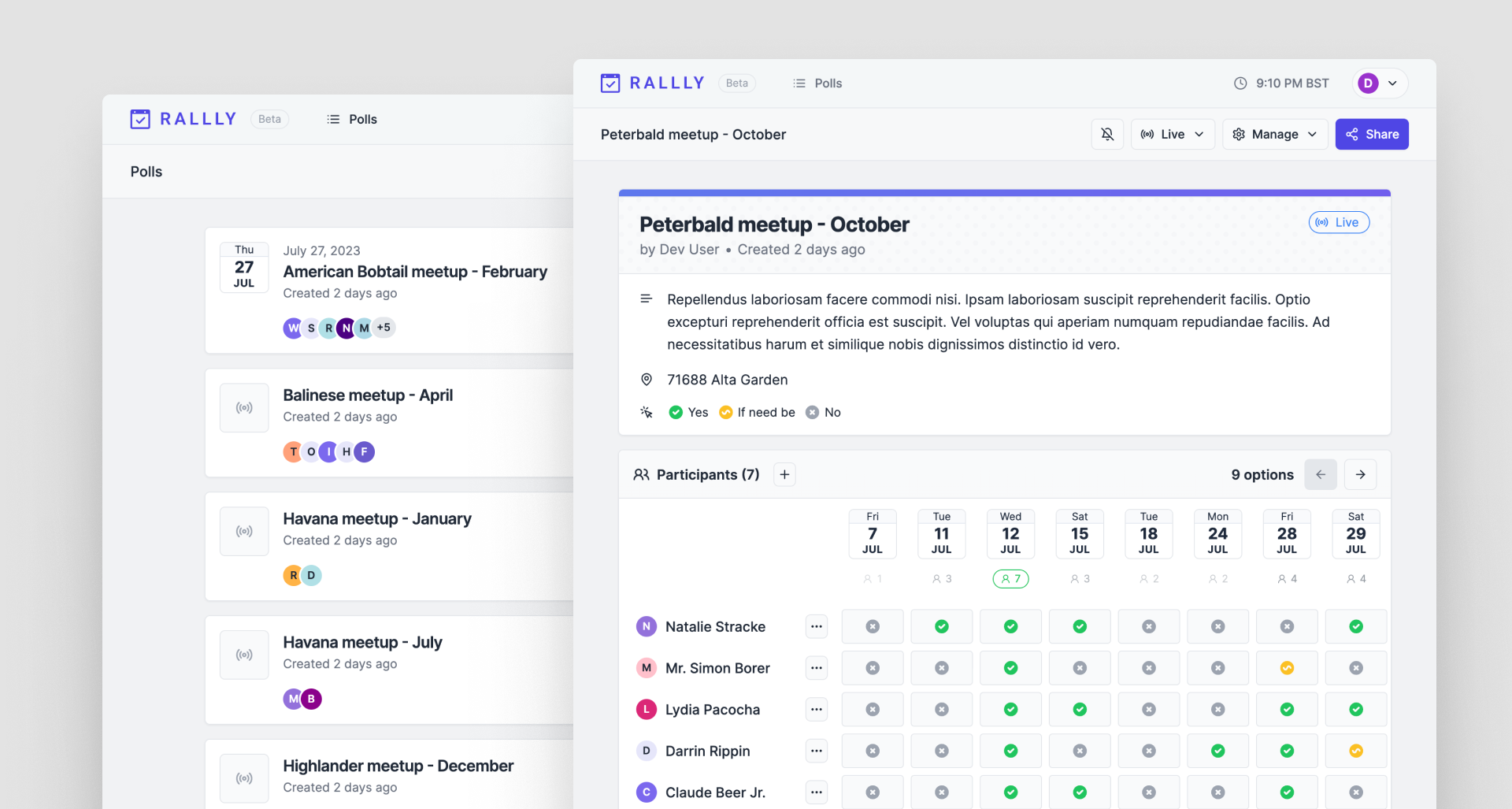
Coordinating meetings across time zones used to be a hassle. Rallly makes finding the perfect meeting time simple without the Doodle subscription.
What makes it great is the clean and straightforward polling interface, no account requirement that means participants actually respond, real-time updates that prevent scheduling conflicts, and privacy focus that means we don't leak meeting details. It's become our go-to tool for client meeting coordination.
GitHub: lukevella/rallly
Website: rallly.co
16. ActivityWatch
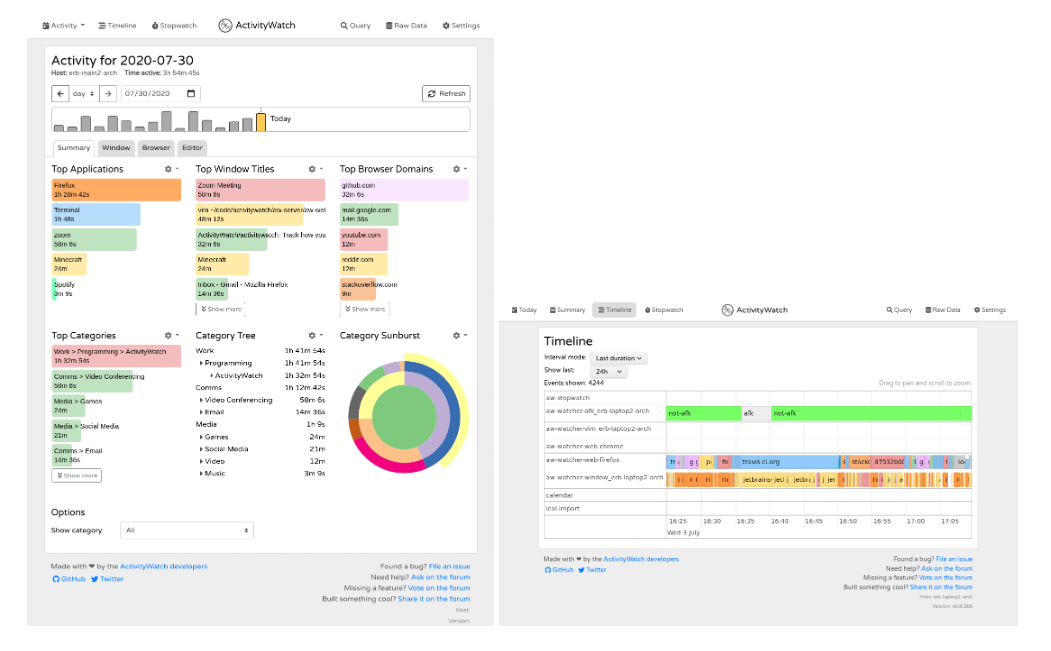
Understanding how you spend your computer time is valuable. ActivityWatch provides insights similar to RescueTime without the privacy concerns or subscription.
Why I can't work without it is the automatic tracking that works across all my devices, visualizations that helped me identify surprising time sinks, privacy that ensures no data leaves my computer unless I choose to share it, and extensibility that lets me track custom metrics important to my workflow. I've saved nearly 10 hours weekly by identifying and eliminating distractions it highlighted.
GitHub: ActivityWatch/activitywatch
Website: activitywatch.net



